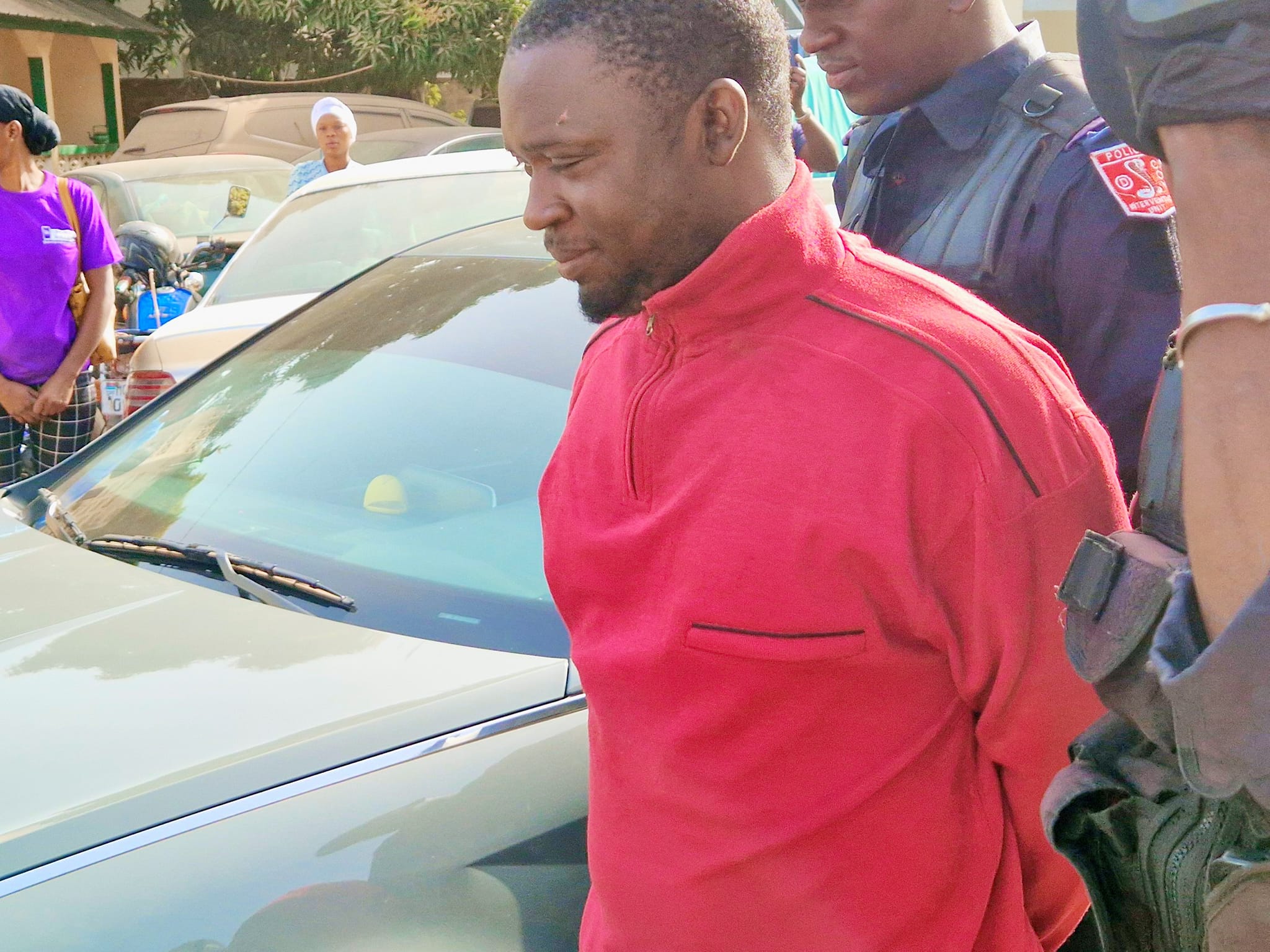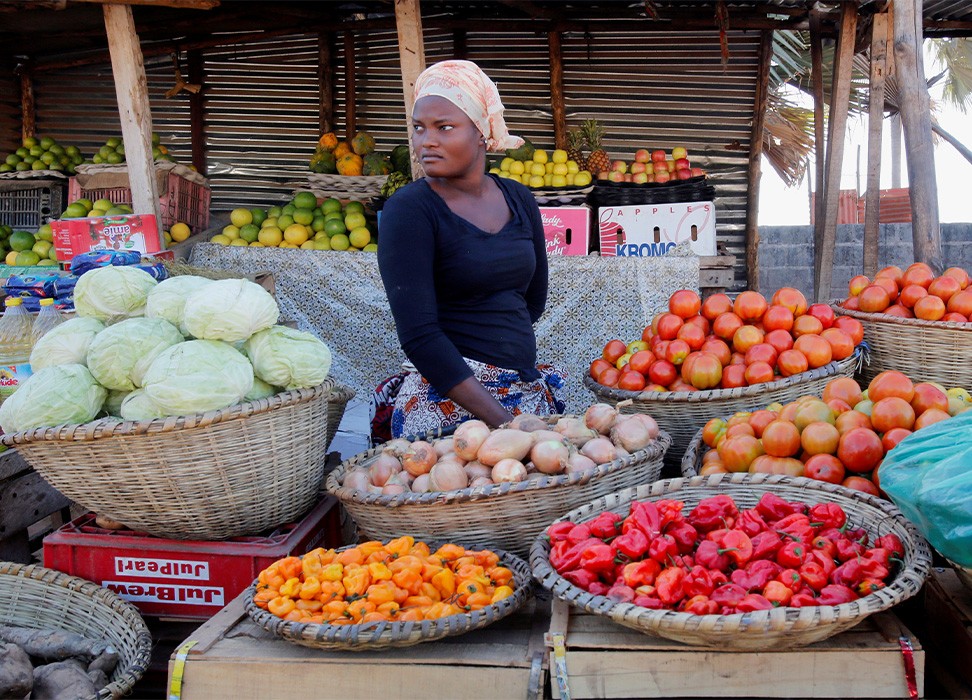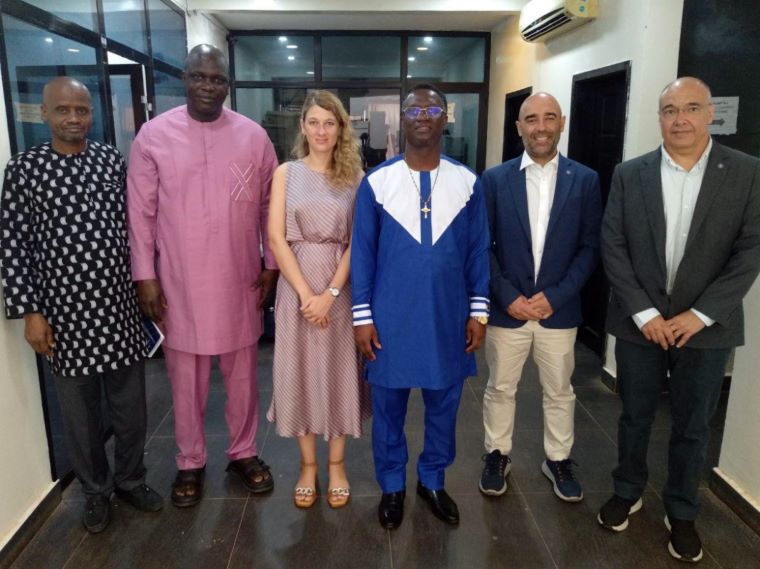A University of La Laguna delegation visited Gambia to discuss the Climate Change and Social Entrepreneurship (CCES-Gambia) project, financed by the Vice-Rectorate of Internationalization and Cooperation and developed in collaboration with NGOs Harit Gambia and Universidad Sin Fronteras. The project focuses on university research and training activities as the University of La Laguna is a public research university situated in San Cristóbal de La Laguna, on the island of Tenerife, Spain.
The Spanish delegation had a work session at Harit Gambia’s New Family House with Gambian technicians of the ministry of Higher Education. The session introduced a ten-hour module on social entrepreneurship, focusing on agile entrepreneurship. The course consists of three blocks: idea generation, agile entrepreneurship, and the business model canvas. Professor Inés Ruiz, from the Department of Economics, Accounting, and Finance, is responsible for training and evaluation.
The Minister of Higher Education, Research, Science, and Technology, Pierre Gomez, discussed weaknesses in Gambia’s education system and proposed improvements. He highlighted the need for engineering training and highlighted the social problem of illegal emigration. During a visit to The University of The Gambia, the Canary Islands Center delegation discussed partnerships under the Erasmus mobility program and European Union’s Capacity Building in Higher Education program.
A collaboration agreement was signed and a working group from the Gambian institution participated in a University of La Laguna project for the POMAC Programme. The National Disaster Management Agency discussed flood issues, but consideration was given to establishing common participation in related initiatives.
The round of visits ended at the University of Science, Engineering, and Technology, a newly created academic center that emerged from the interest of the Gambian executive to promote these subjects. The leaders showed interest in collaborations for the best training through the Erasmus exchange programs and, most importantly, the Erasmus capacity-building programs.
[gspeech]










